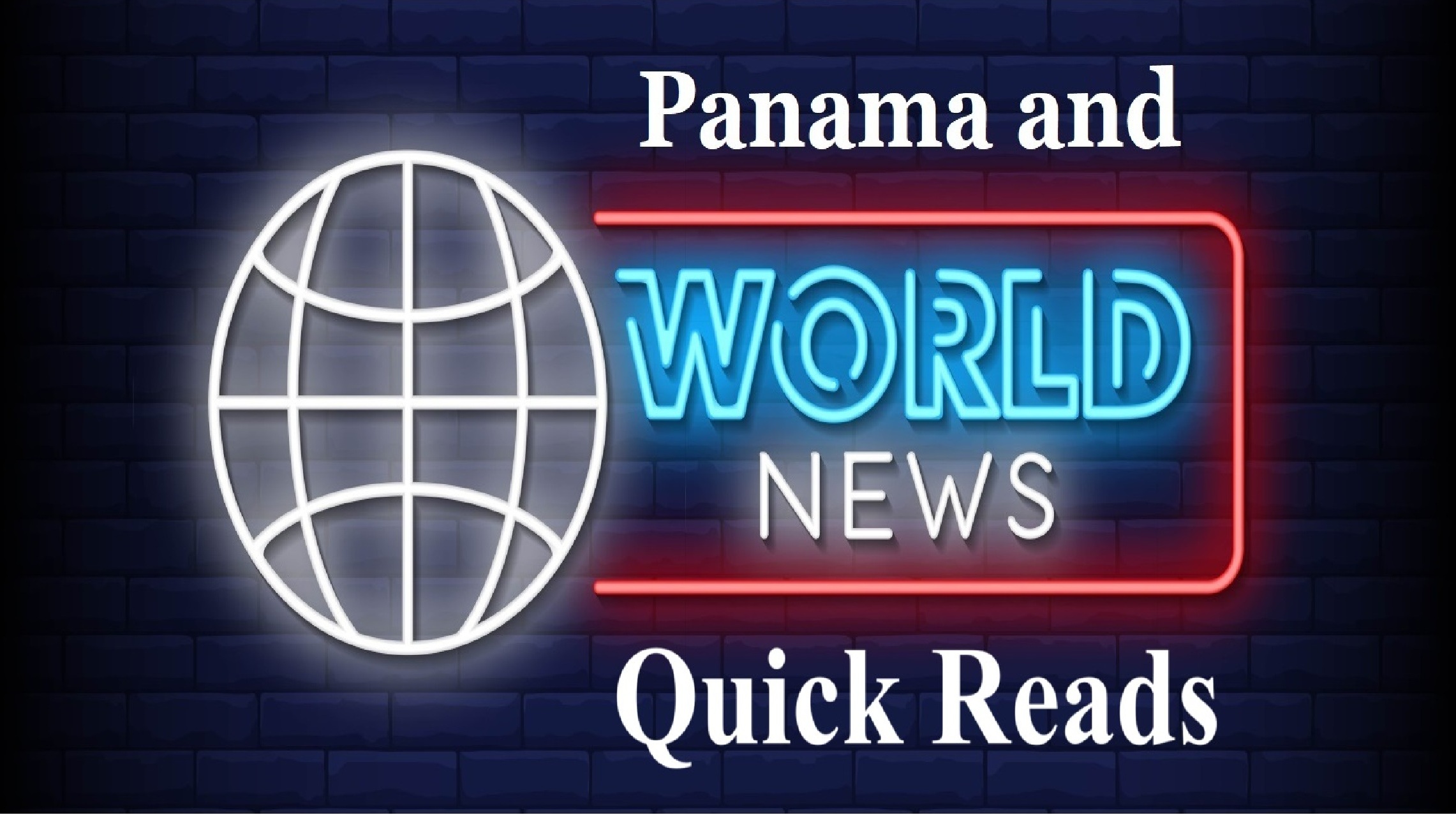Government ordered cell phone shut down

Panama’s Minister of Justice, Raul Mulino has admitted that the shutting down of cellular services in the Chiriqui region was a government decision.

He said it was justified based on the argument that intelligence had realized the possibility of attacks on cell phone towers by indigenous protestors.
Early government reports denied involvement, although service providers said it was a government order.
He admitted that the suspension of service affected the communications of the National Police, but also claimed that served to "overshadow policy coordination, political manipulation of opposition groups that are behind these events."
He added that the suspension of service will be maintained until Monday, February 6 when the situation will be re-evaluated.
He said that potential acts of sabotage are documented and potential authors identified, but said that the Public Ministry is investigating the facts, to decide whether it will reveal details to the country.
His statements contrast with those he gave on Saturday, when he told Radio telephony Panama that the service had been affected because of "sabotage of some towers," and said the government had nothing to do with it.
For the president of the Panamanian Committee for Human Rights, Roberto Troncoso, the Constitution is clear in stating that while there is no state of emergency or a state where there are forces that seek to violate the legal order and social development, communications suspend is an extreme measure which not only violates the Constitution itself, but international conventions on human rights.
Troncoso acknowledged that there may be some security feature that allows such actions within the planned strategies to control a given situation, but I can not afford is to grossly affect people who have nothing to do with the conflict.
Dr. Ernesto Cedeño on behalf of La Prensa sent a message sent to the Mulino through his Twitter account, saying he was surprised by the Minister’s statements.
"In my judgment, no sufficient legal foundation to enact such a measure and therefore it would be healthy to report to the country on which rule of law the implementation of that decision was based since officials can only do what the law provides, according to the principle of strict legality (Articles 17 and 18 of the Constitution), "says the message.
Cedeno also cited the American Convention on Human Rights which in Article 13 says: "Everyone has the right to freedom of thought and expression. This right includes freedom to seek, receive and impart information and ideas through any media regardless of frontiers, either orally, in writing or in print or art, or through any other media of his choice […] No one can restrict the right of expression by indirect means, such as the abuse of government or private controls over newsprint, radio broadcasting frequencies, or equipment used in the dissemination of information or by any other means tending to impede communication and circulation of ideas and opinions."
Meanwhile, Article 29 of the Constitution, part of the fundamental guarantees, says, "all private communications are inviolable and can not be intercepted or recorded, except by order of judicial authority."
The same Constitution in Article 37, states: "Every person may freely express his opinion verbally in writing or by any other means, without prior censorship, but there are legal responsibilities when by any of these means to affect the reputation or honor of persons or social security or public order".
Article 55, however, indicates that the fundamental guarantees may be suspended "in case of foreign war or domestic disturbance that threatens the peace and public order," although previously must declare a state of emergency by an executive Council agreed by Cabinet.
Within the Law 15 of April 14, 2010, which created the Ministry of Public Security, and specifically within its functions, there is no reference to issues related to telephone communications or declares this entity as "judicial authority" .
Points 1, 2 and 4 of its powers are limited to the following: "to coordinate public safety services, coordinate the activities of intelligence agencies and intelligence of the estates that integrate the Ministry for the purposes of public security in the country in permanent coordination with the National Security Council, and establish policies and actions of protection and safety of those who are in the national territory. "
Spokesmen for Cable & Wireless and Digicel confirmed that the National Authority of Public Services (ASEP) gave the order to block communications from Vigui (Veraguas) to Horconcitos (Chiriqui).
Given the order, the technical operation was performed by each operator from their respective facilities, reported from Cable & Wireless.
Claro and Movistar companies chose not to give information.





